
Digital Trends 2020: From Citizen Scientists going on Expeditions to Peer-to-Peer Networks
Which trends will be important in the context of open science and in the context of libraries and...
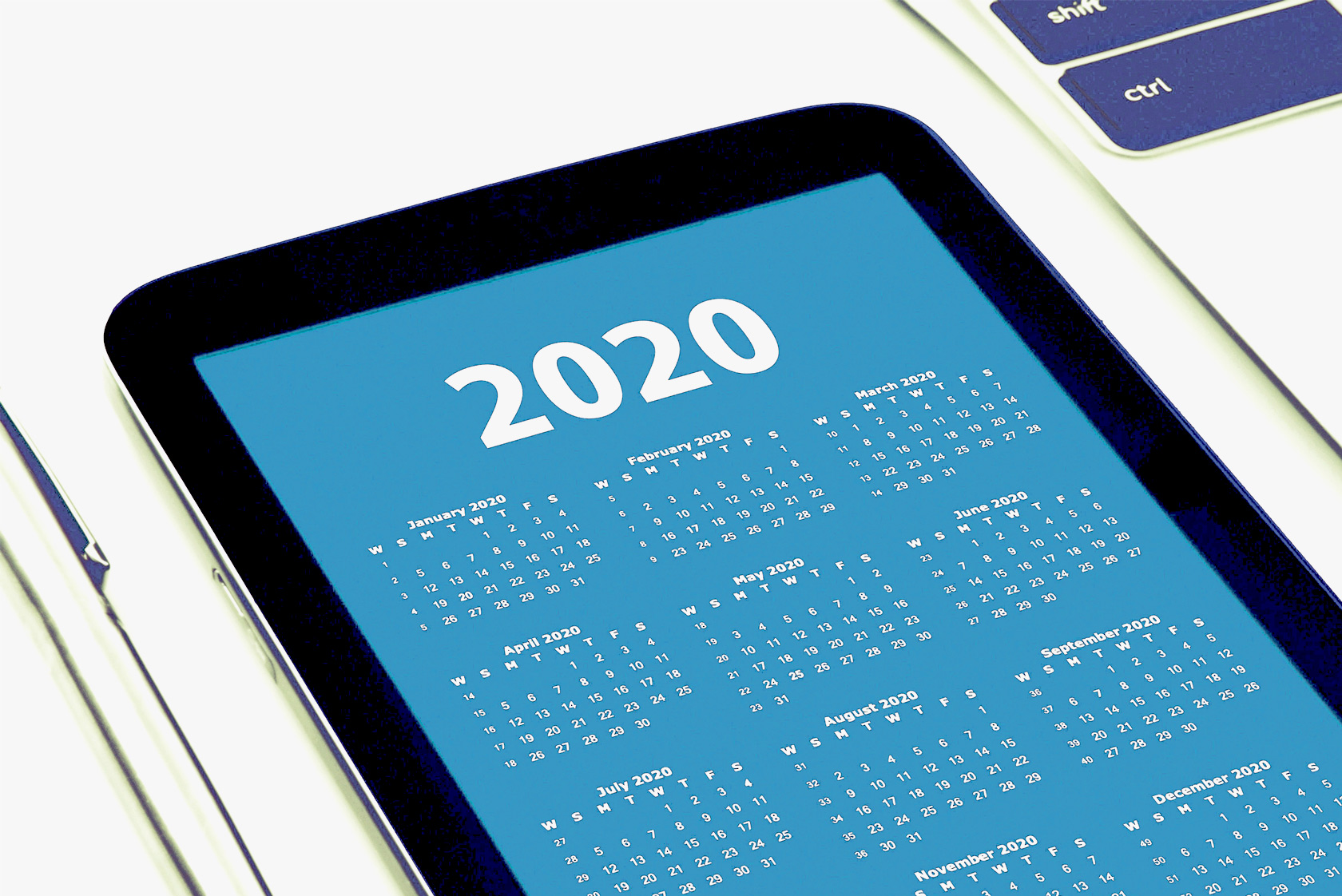
Open Science: Interesting Conferences and Events for 2020
Which conferences and other events could be worth a visit in 2020? We put together a selection of events...

Open Science Strategy: TU Delft Aims at the Pole Position for the Open Era
The TU Delft has recently released its open science strategy and has expressed the ambition to be a...
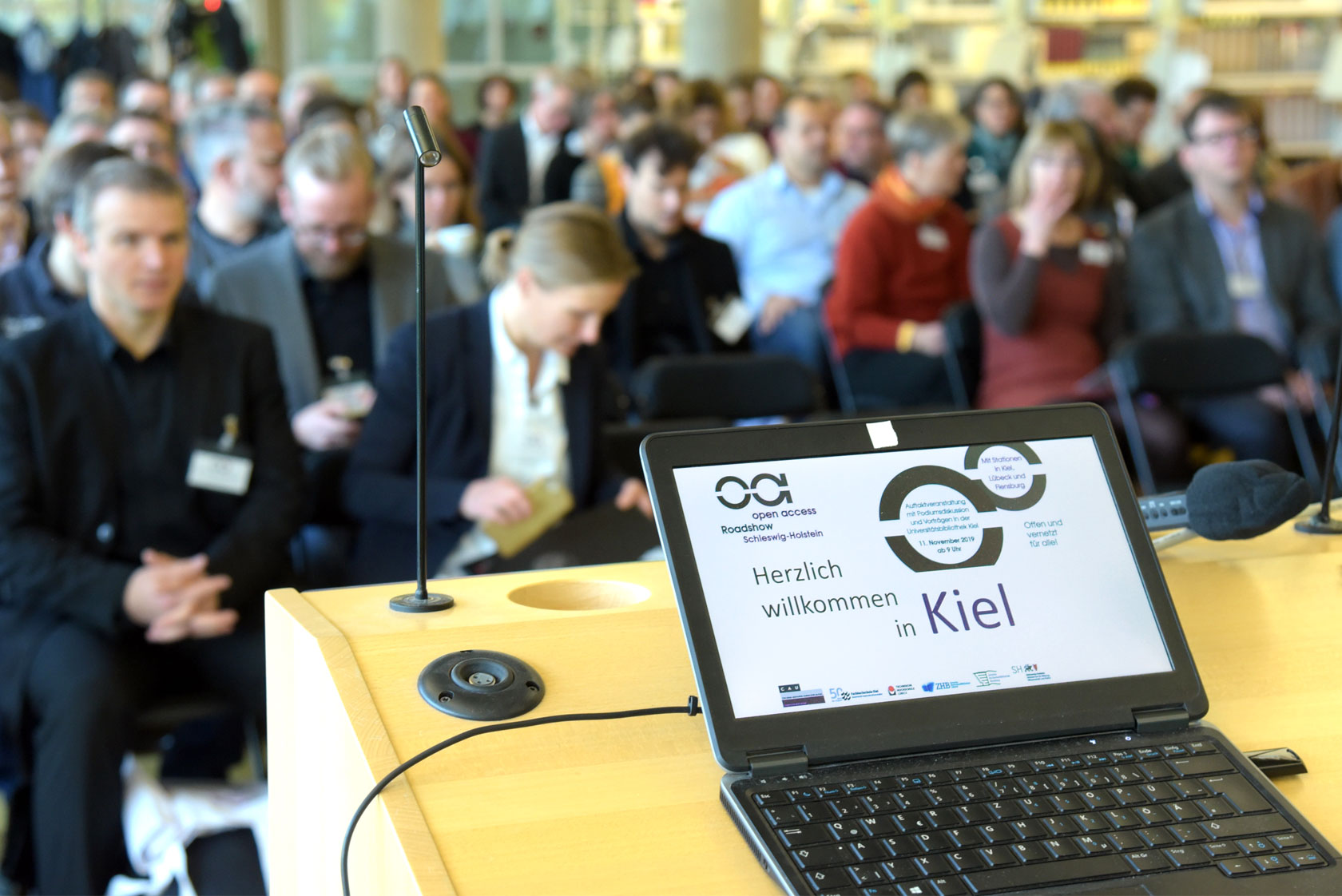
Open Access Roadshow: Open and Connected for Everyone!
"Open and connected for everyone!" With this slogan, the Schleswig-Holstein university libraries invited...

2019 Open Access Days: Business Models and Their Financial Impacts for Open Access Transformation
At the 2019 Open Access Days, business models for open access transformation were one area of focus....
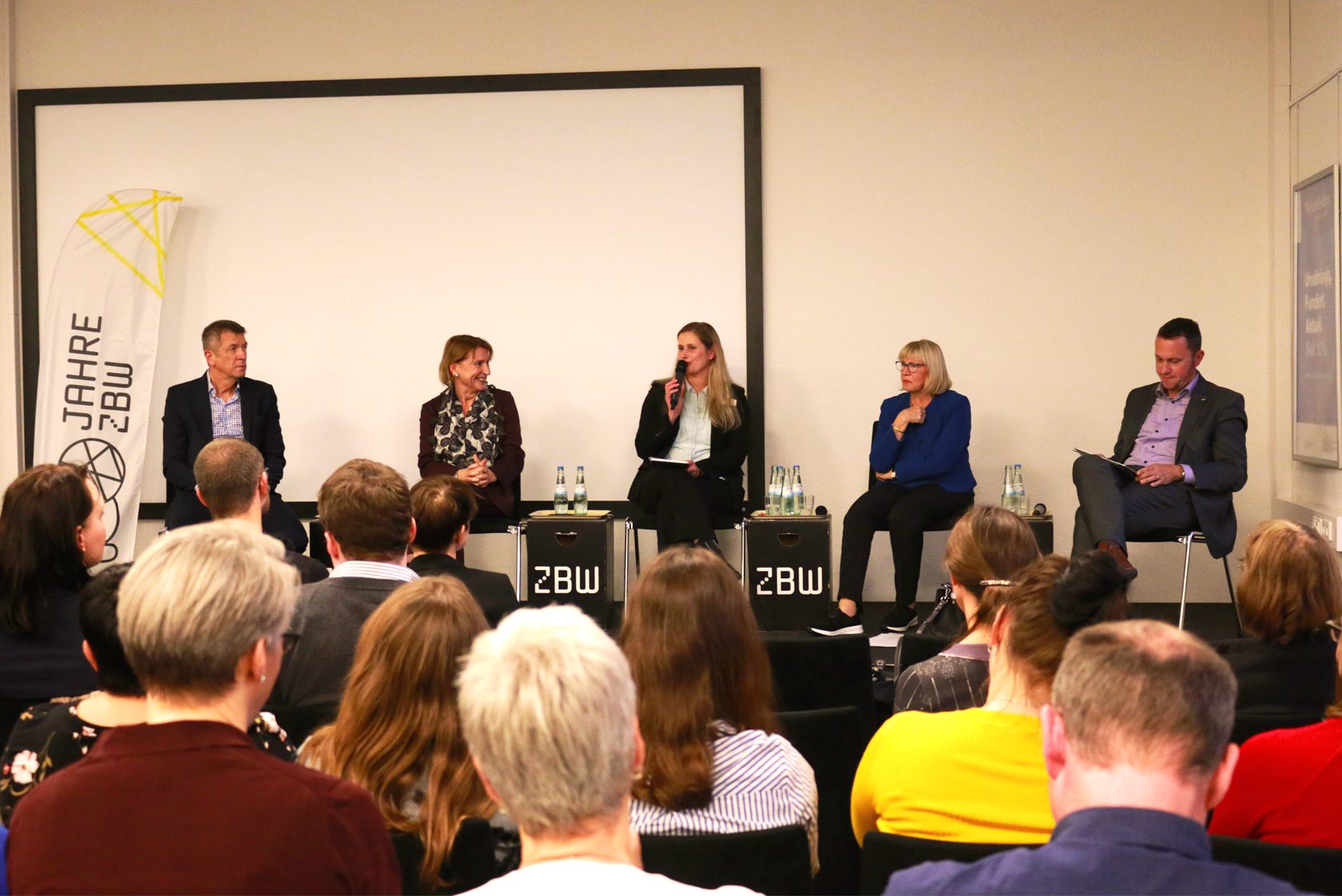
Podium Discussion: Perspectives for “Libraries 2050”
15 years ago, people thought that the future of libraries was rather grim. Now they are more popular...
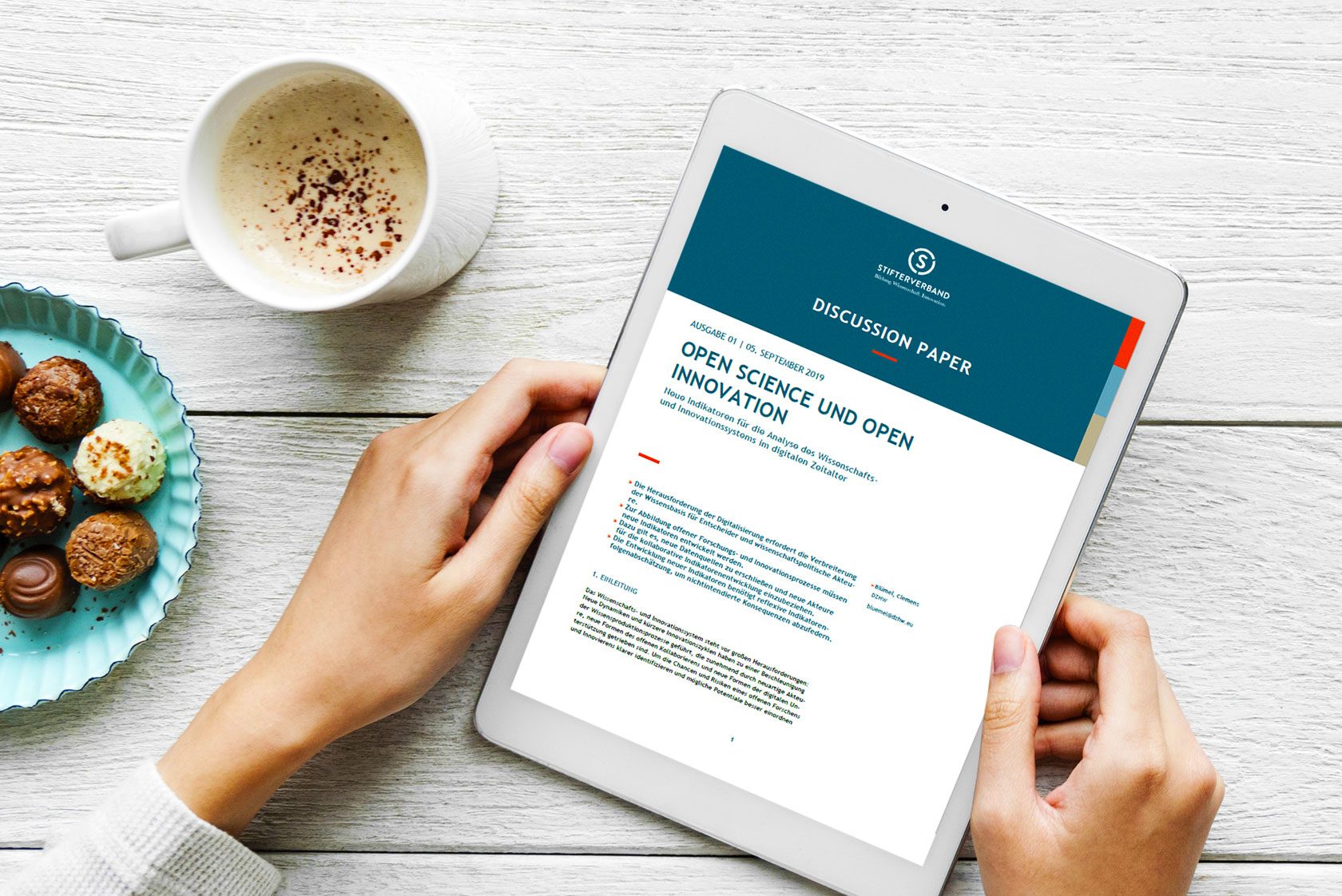
Discussion paper: New indicators for Open Science and Open Innovation
Established indicators for research and innovation processes do not sufficiently capture the nuances of...

Blockchain: How it Could Make Research More Open and Transparent
Blockchains are credited with bringing great benefits for economics and society. This also applies to...
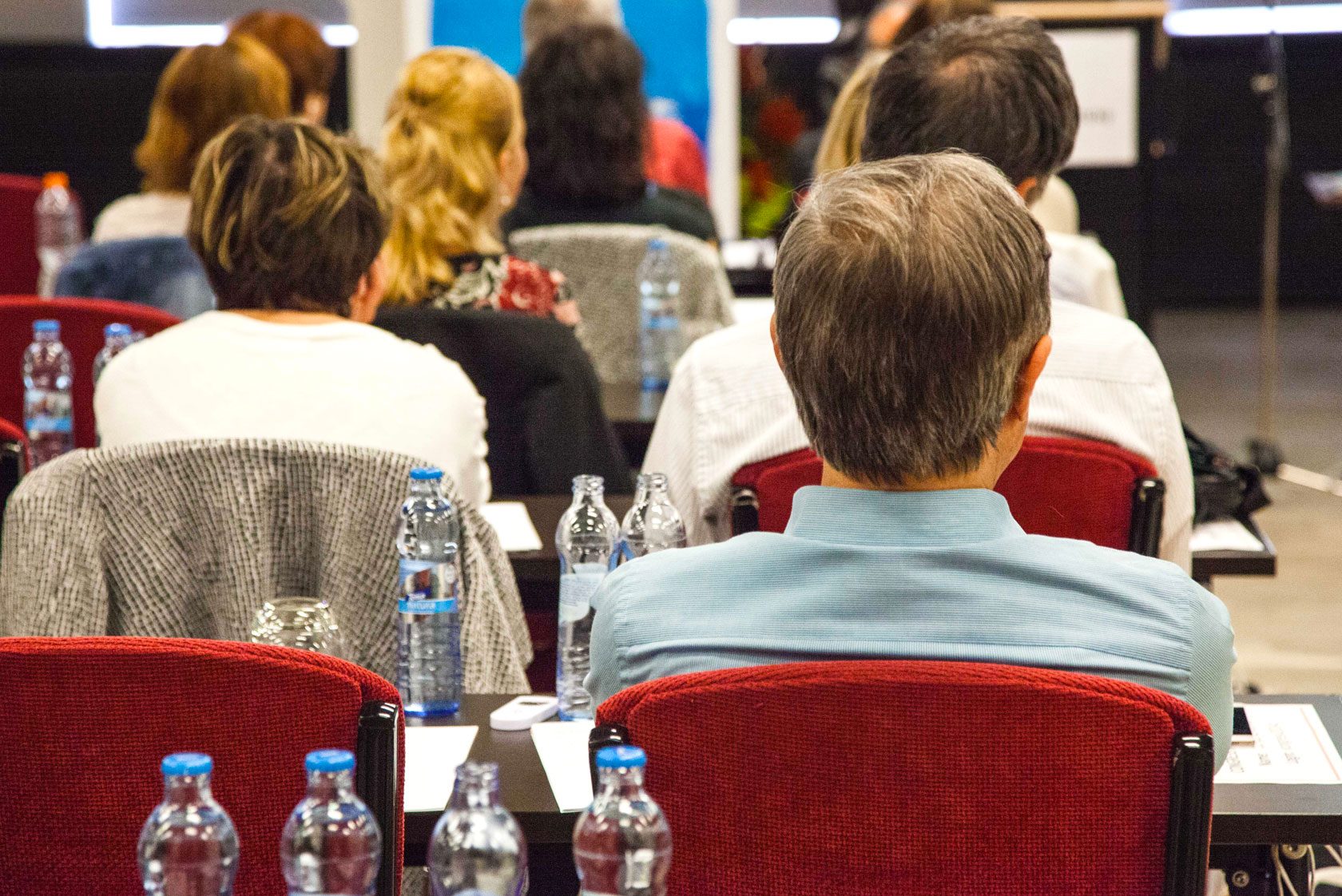
Open Science Infiltrates the Engine Room of Research: ZBW Panel at the German Economic Association Annual Conference 2019
The annual conference of the specialist economics association “Verein für Socialpolitik” took place this...
